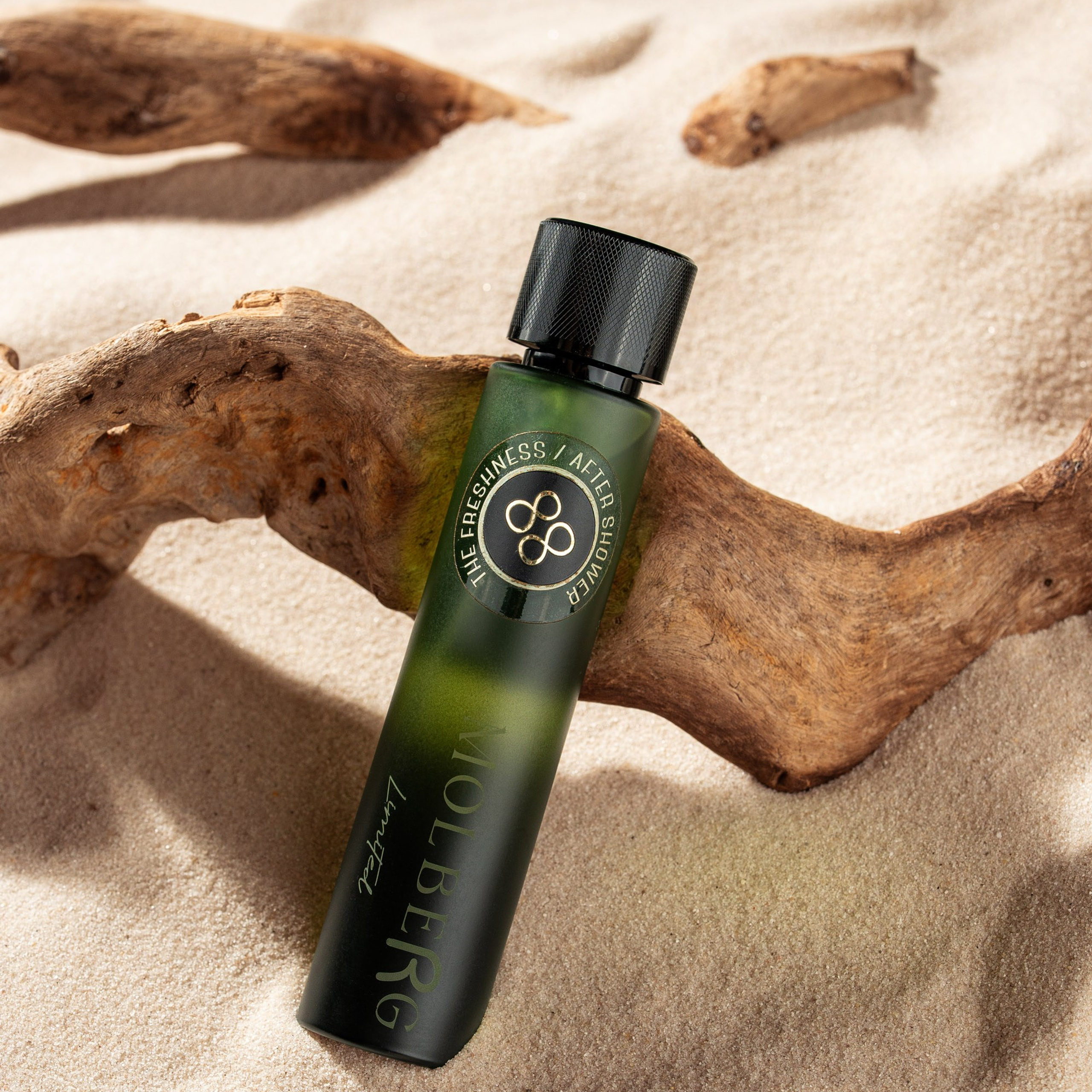In product photography, lighting isn’t just about brightness — it’s about revealing the soul of the material.
Glass needs glow, metal requires control, fabric calls for texture.
This guide explains how to adjust your lighting techniques depending on the surface you’re working with.
- Reflections and glare
- Losing shape or contour
- Blending with the background
- Backlighting: Best for highlighting transparency
- Softbox with diffuser: Reduces hotspots and adds softness
- Dark background + rim light: Accentuates the form
1. Glass products (bottles, jars, transparent packaging)
Challenges:
Techniques:
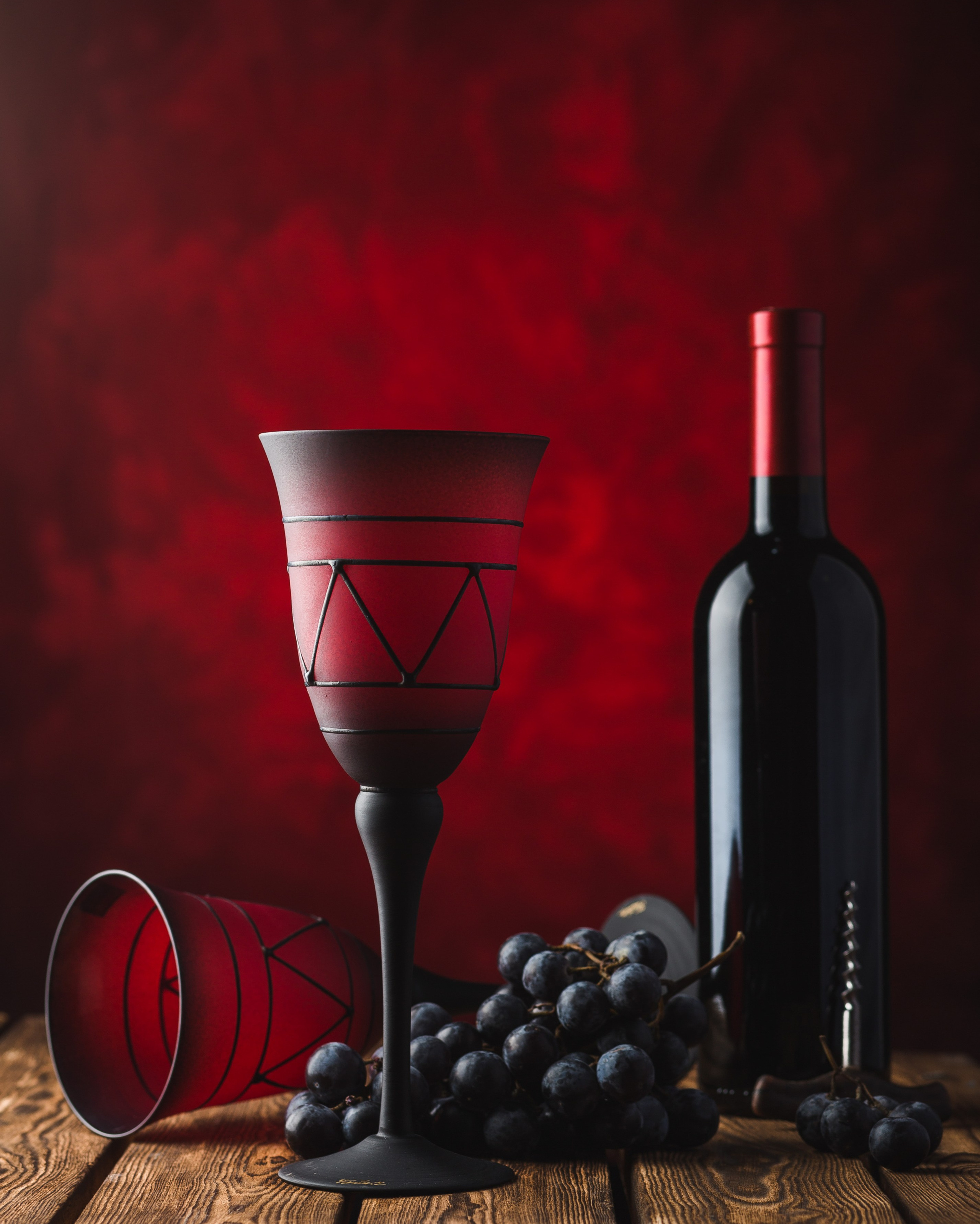

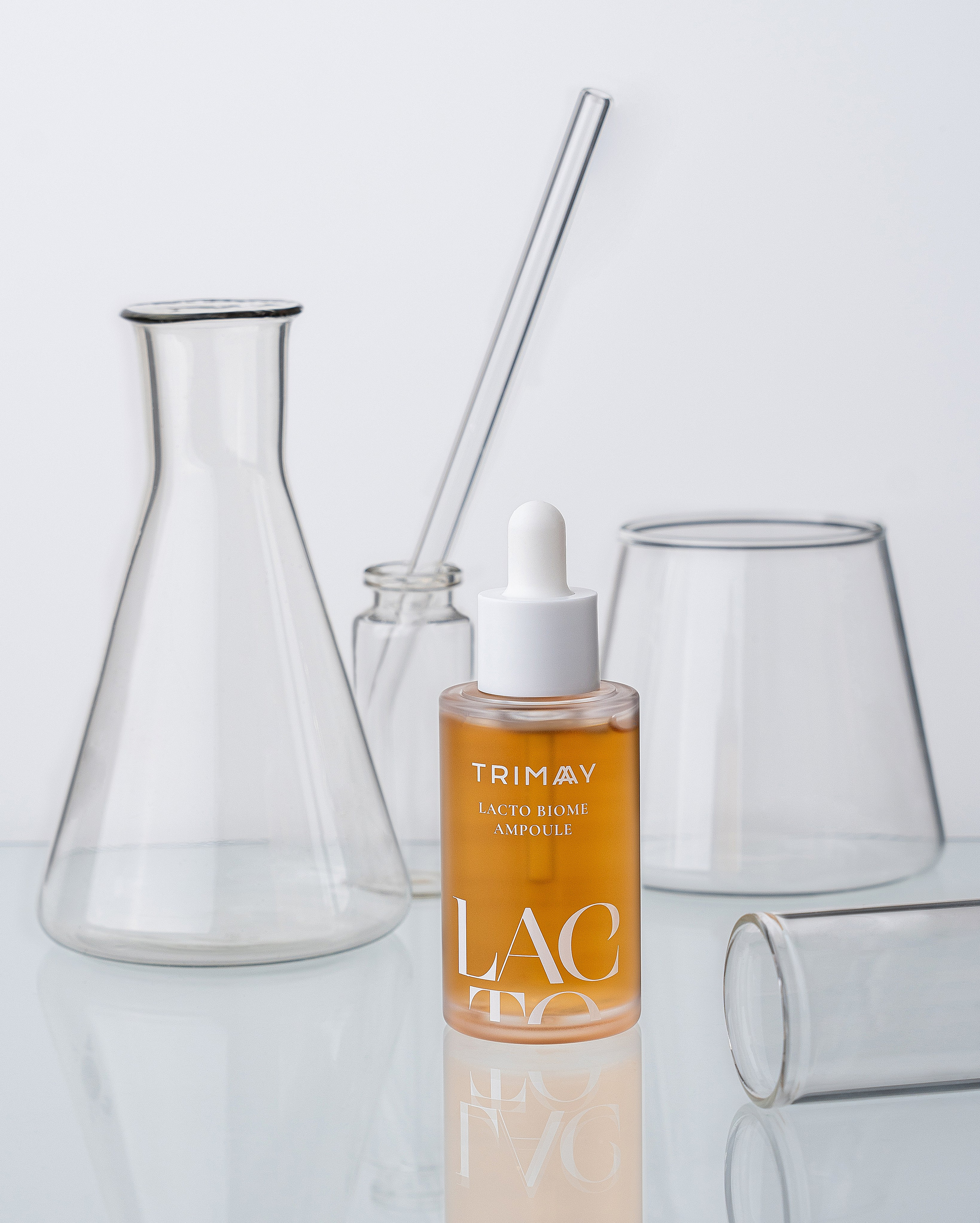
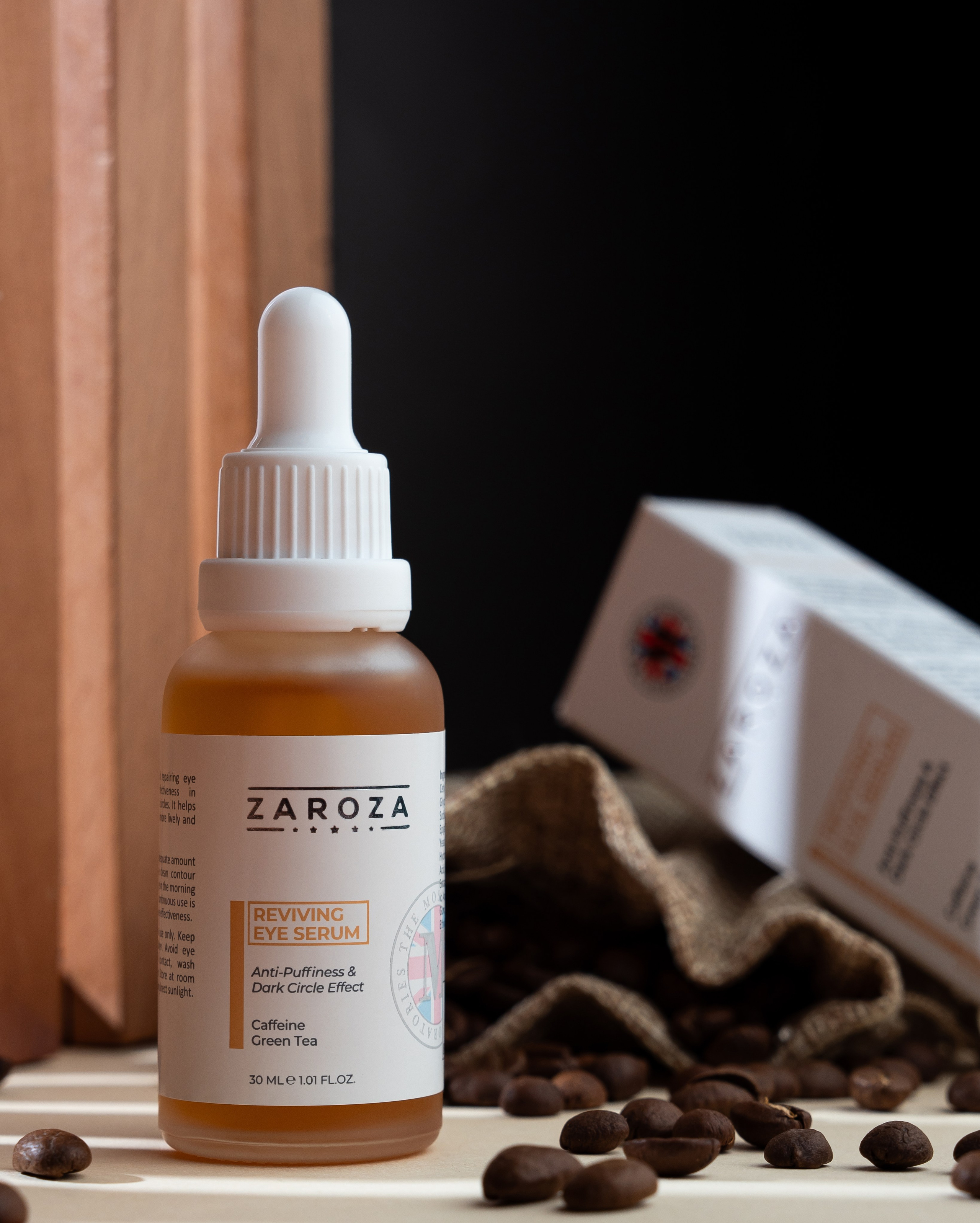
2. Metal surfaces (watches, tech gadgets, cutlery)
Challenges:
- Strong reflections
- Unwanted studio elements showing on the surface
Techniques:
- Dark field lighting: Black environment with bright edges
- Polarizing filters: Reduce harsh glare
- Light tent: Diffuses light around shiny objects

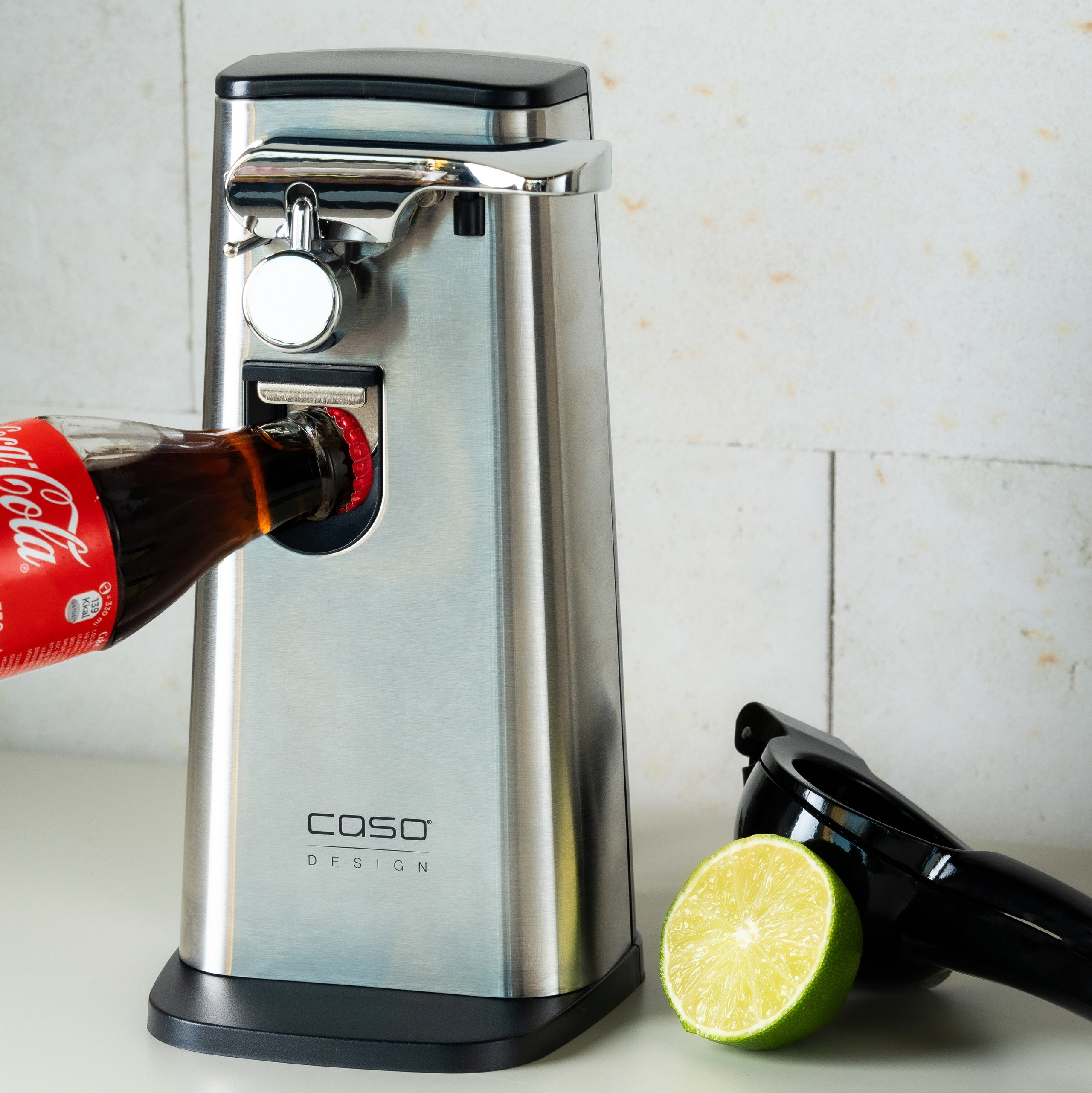
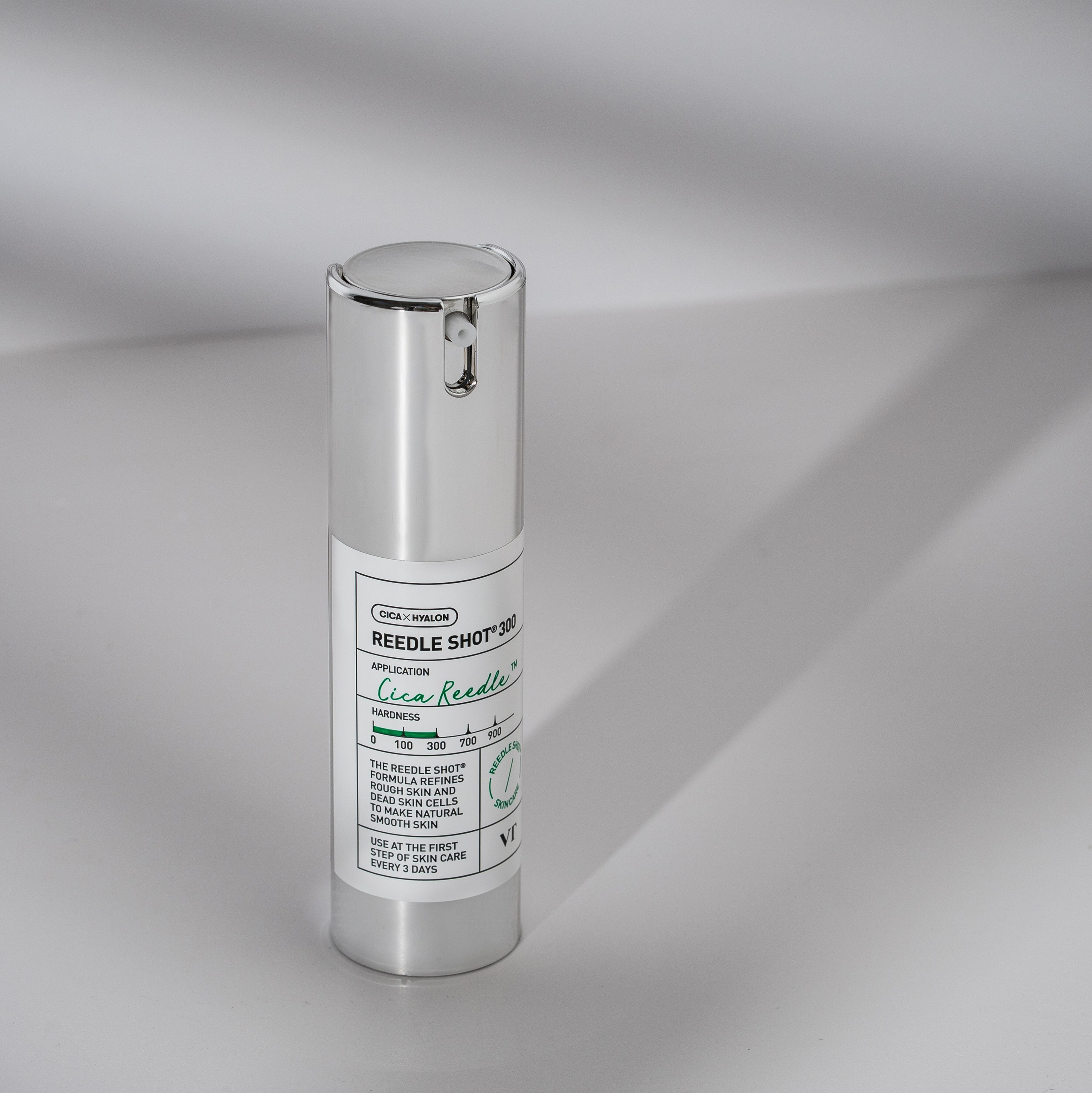
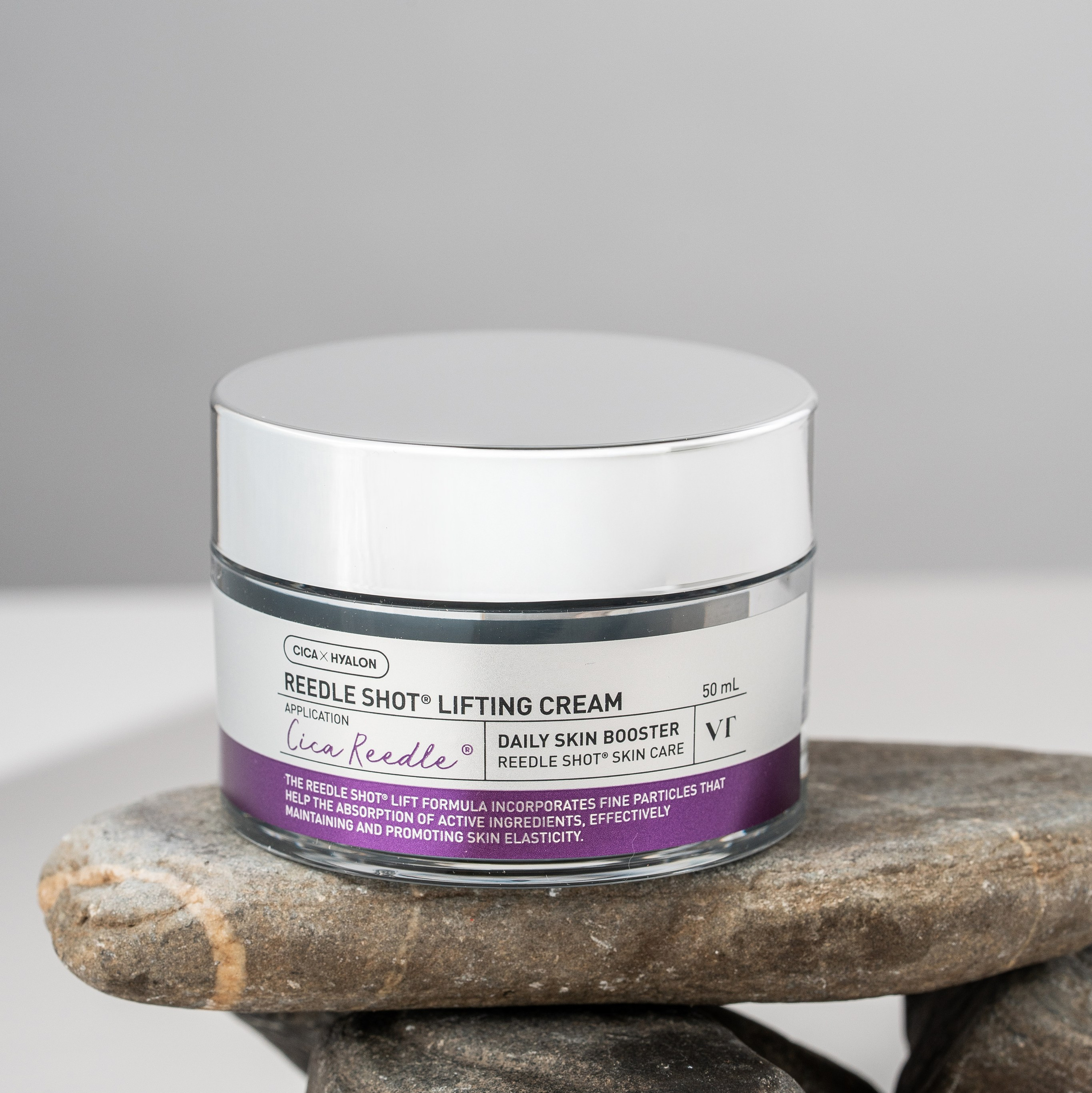
3. Fabrics and textured surfaces (clothing, towels, soft goods)
Goal:
- Show softness, weave, and fine details
Techniques:
- Side lighting: Brings out texture via shadows
- Macro lens + directional top light: Perfect for stitches and patterns
- Neutral background: Keeps focus on the material
4. Matte plastic or ceramic materials
Why it matters:
- Less reflection but shape can get lost
Techniques:
- Overhead soft lighting: Maintains form and volume
- Gradient backgrounds with soft shadows: Adds visual depth
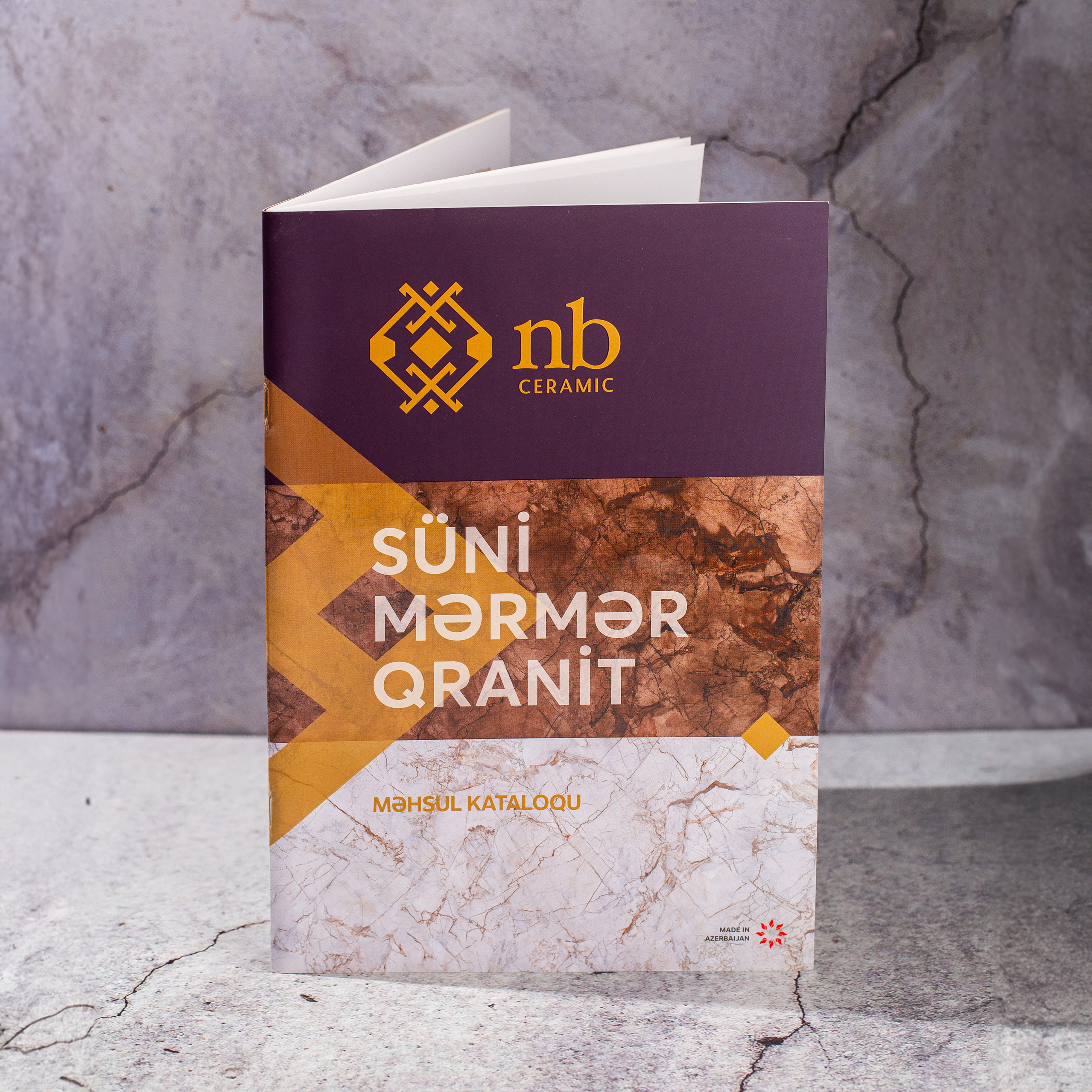
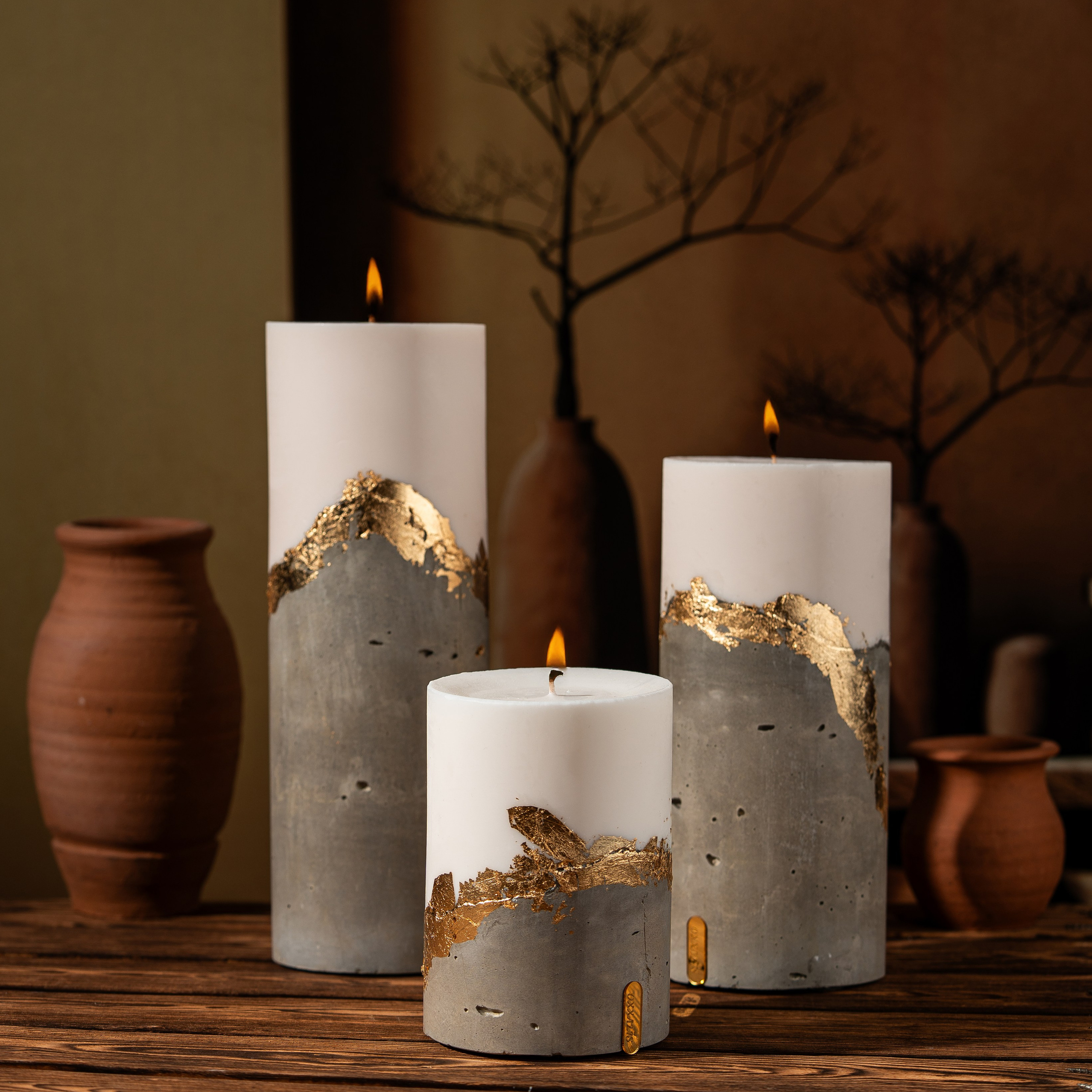
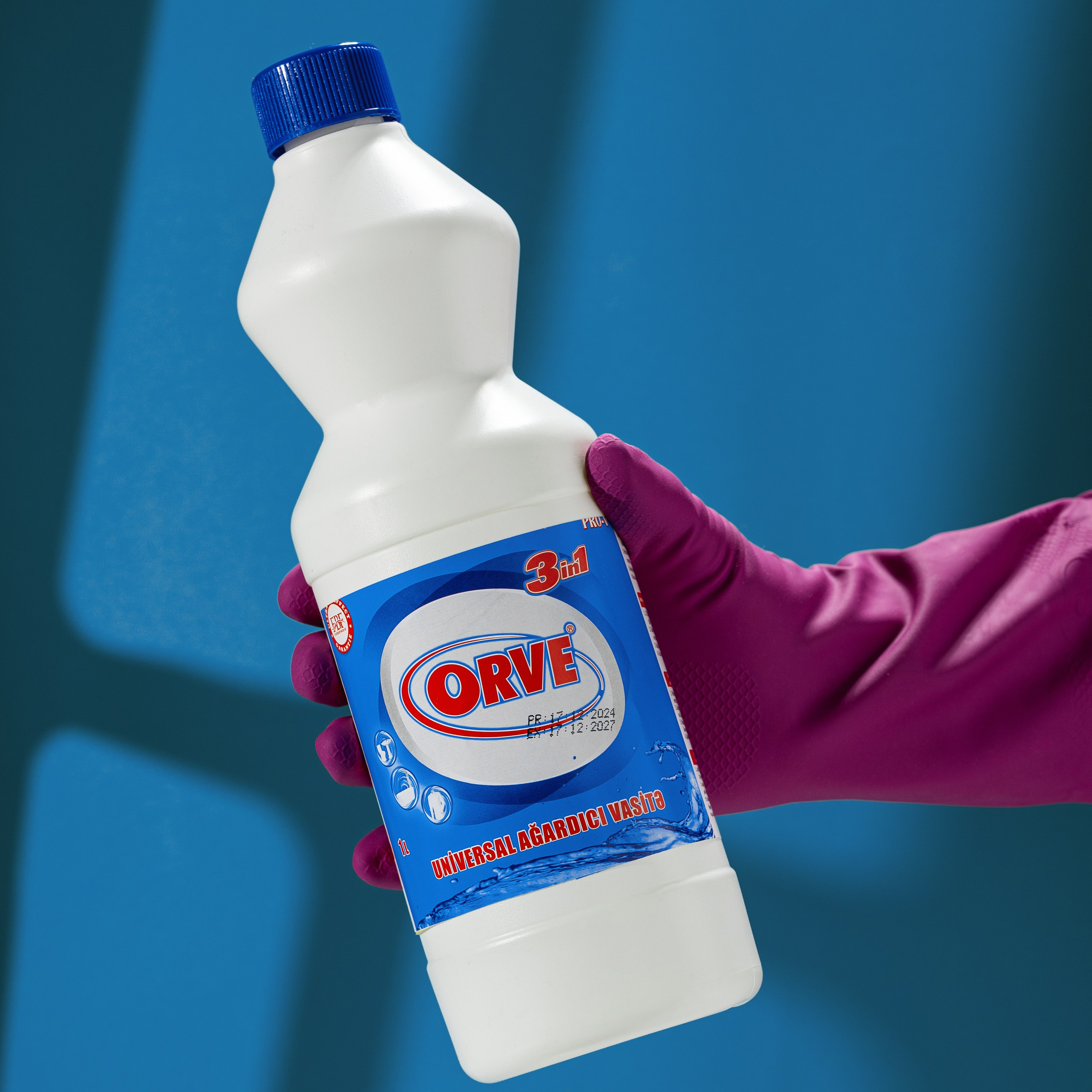
Conclusion: Light is the voice of the material
When used correctly, light can:
- Reveal quality
- Highlight craftsmanship
- Boost conversions by building trust visually
Blog
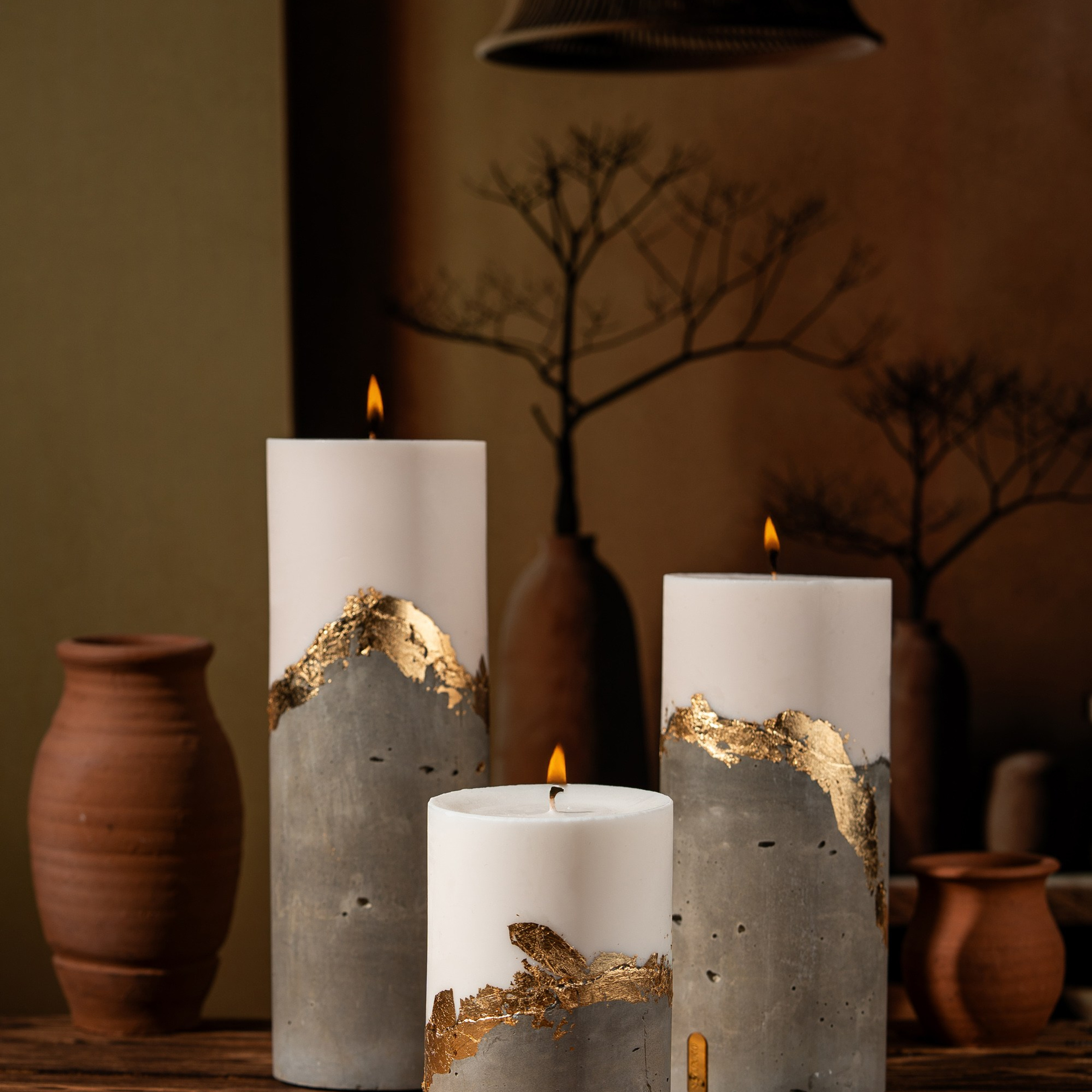
8 Tips for Taking Photos that Highlight the Beauty of Decorative Candles
Decorative candles are more than just a source of light; they are works of art that bring beauty, comfort, and...
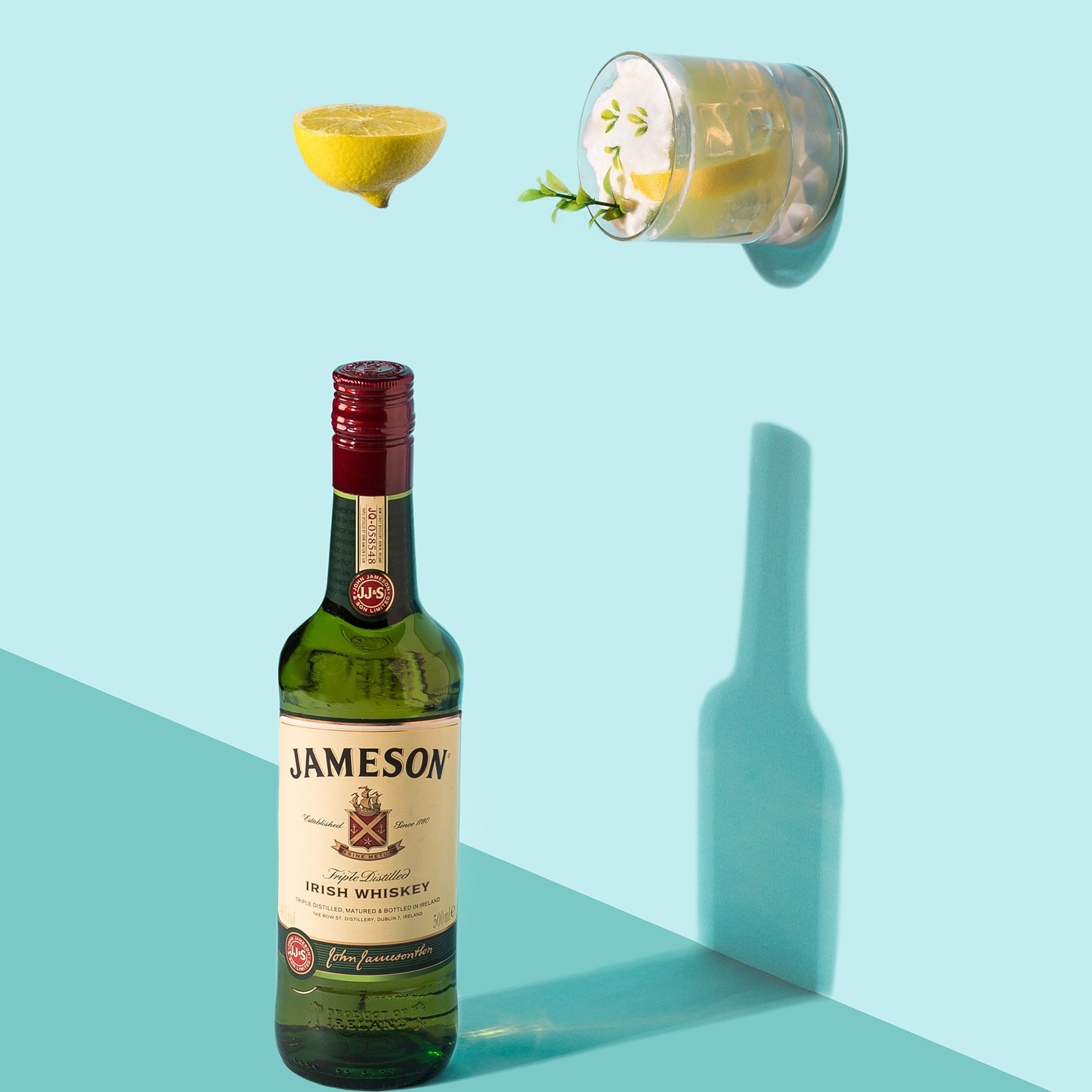
How Product Photography Influences Buying Psychology
Before a customer messages you, checks your price, or reads your product description — they make a decision.
That...
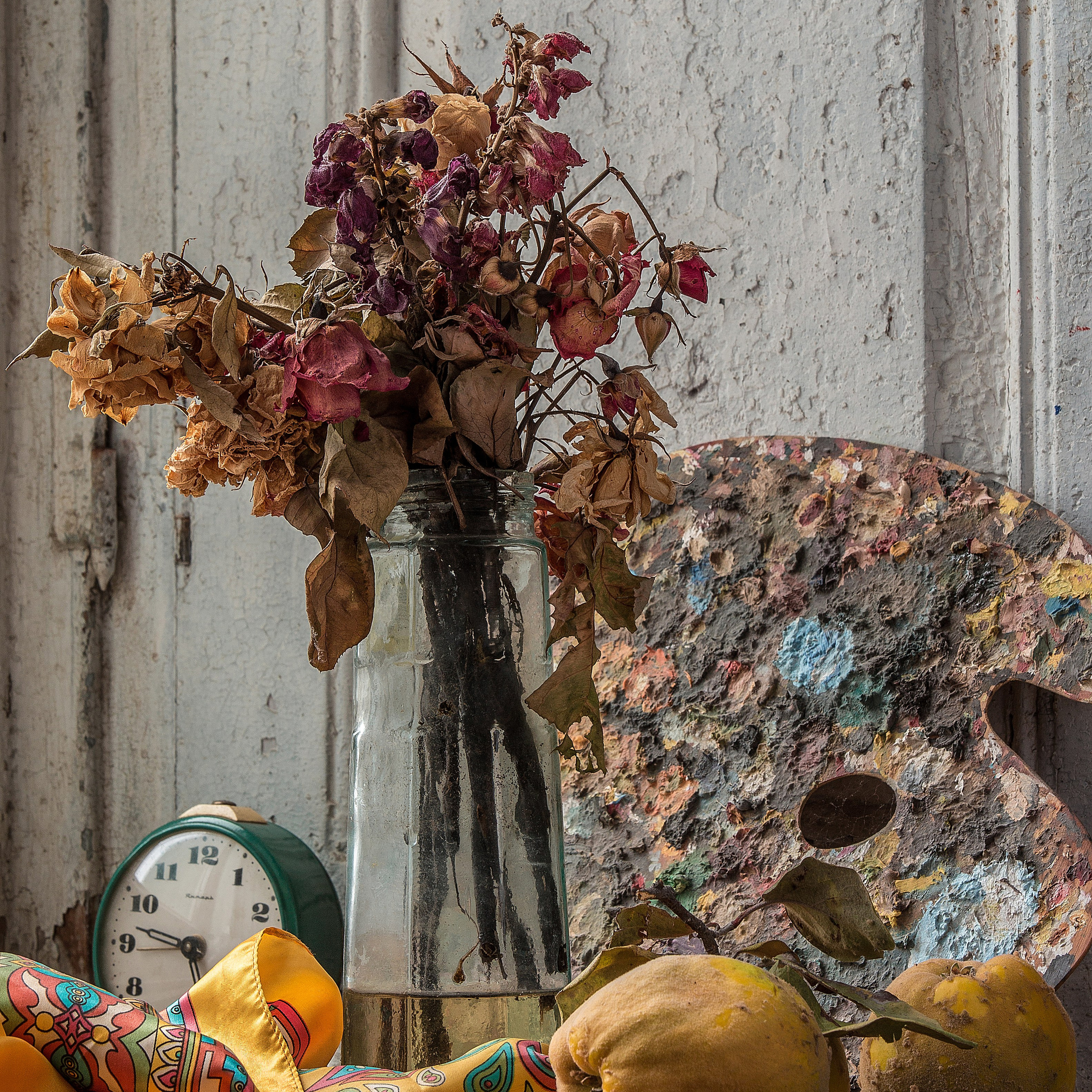
The History of the Still Life Genre
What is Still Life?
The term “still life” (from the French nature morte, meaning “dead nature”) refers to the...
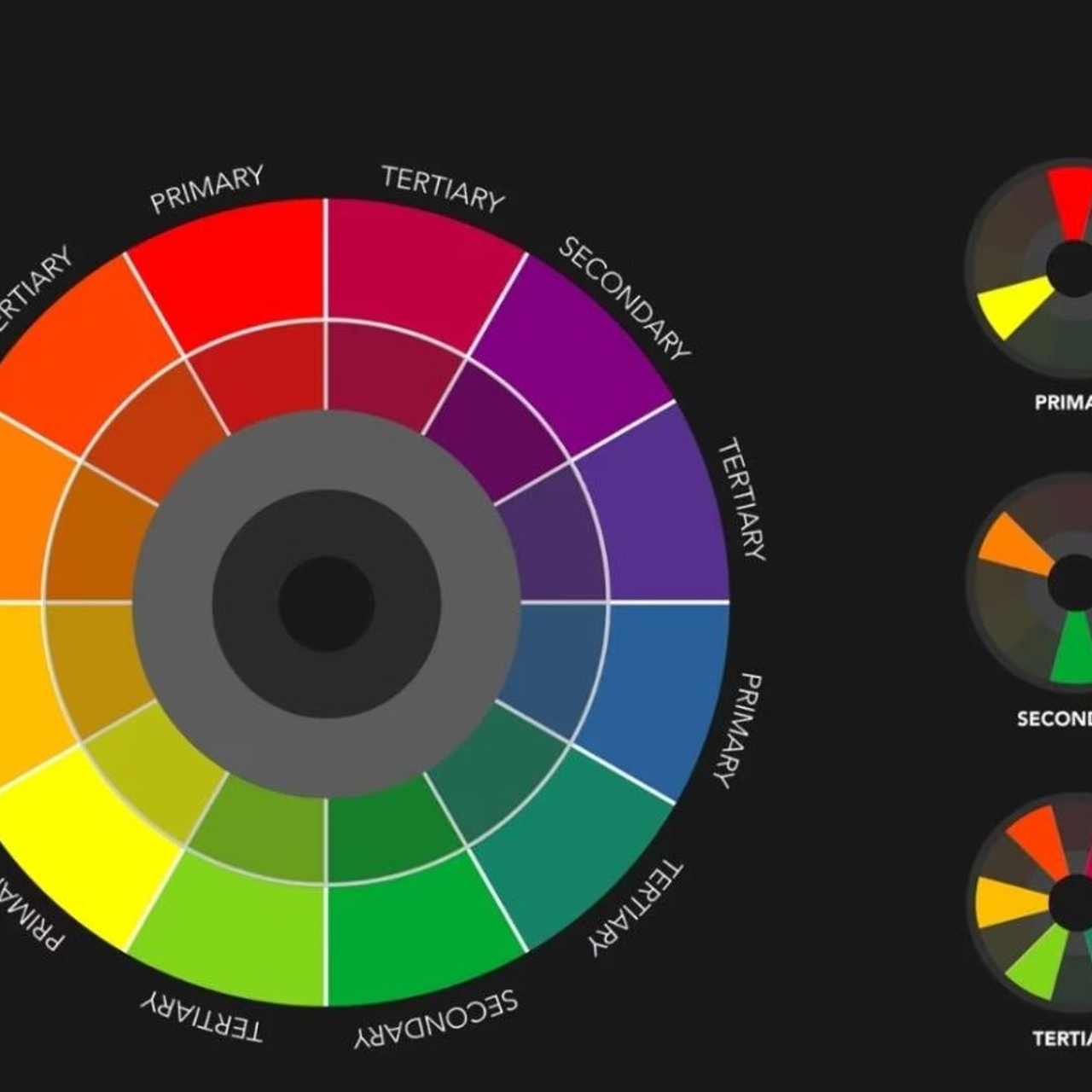
The Secret of Colors: What is the Itten Circle and Why is it Important in Photography?
Photography is not just about capturing objects, but also about the art of telling a story, evoking emotion, and...
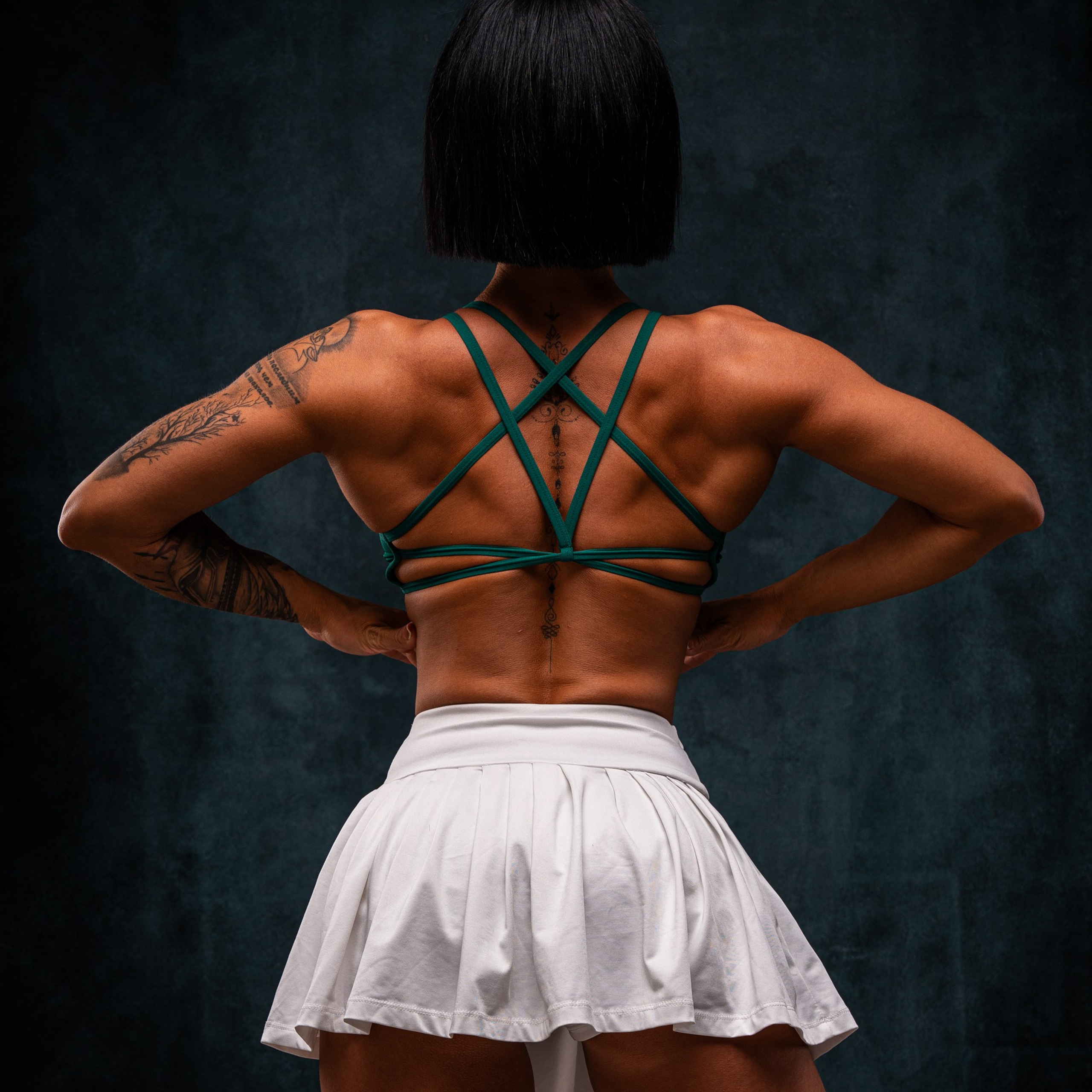
The Aesthetics of Power: Secrets to Professional Athlete Portrait Photography
An athlete’s portrait is not merely a photograph; it is an art form that reflects years of dedication, discipline,...
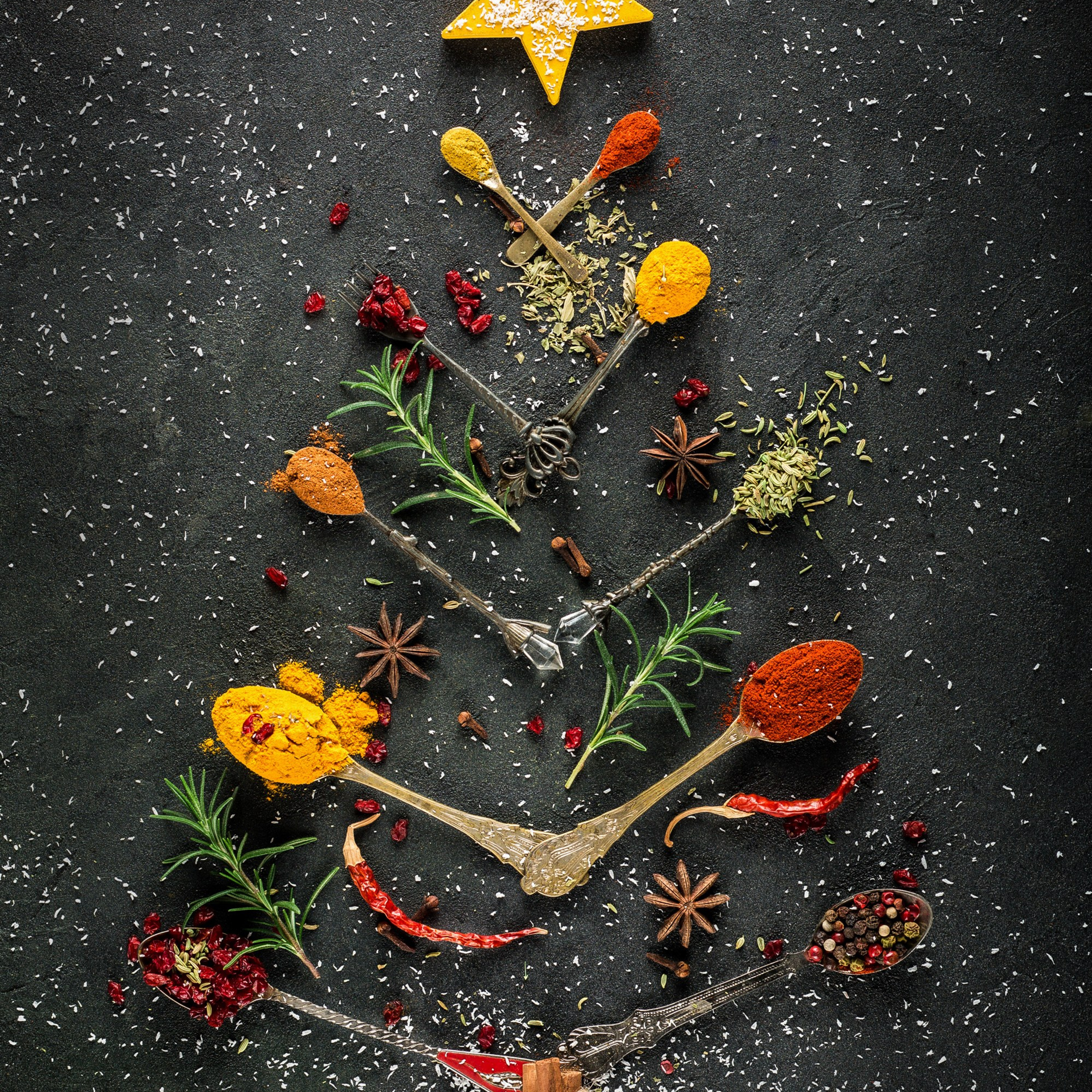
Christmas & Winter-Themed Product Photography
Holiday Product Photography • Winter Mood Shots • Seasonal Creative Reels
Christmas season is one of the strongest...
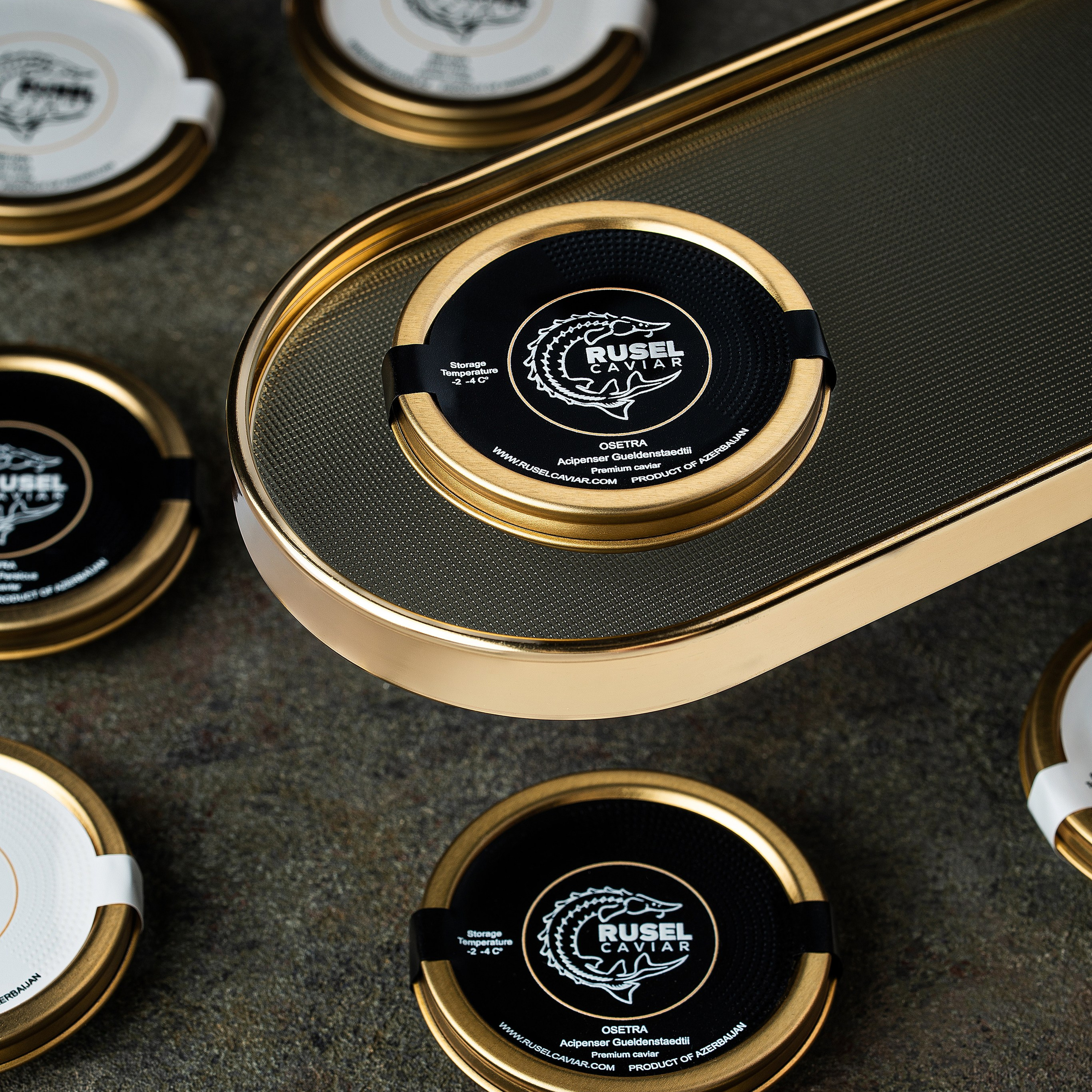
Visual Anatomy — #7: Rusel Caviar (Premium Caviar Product Photography)
This photo was built on one idea: delivering premium elegance through controlled minimalism, metallic harmony, and...
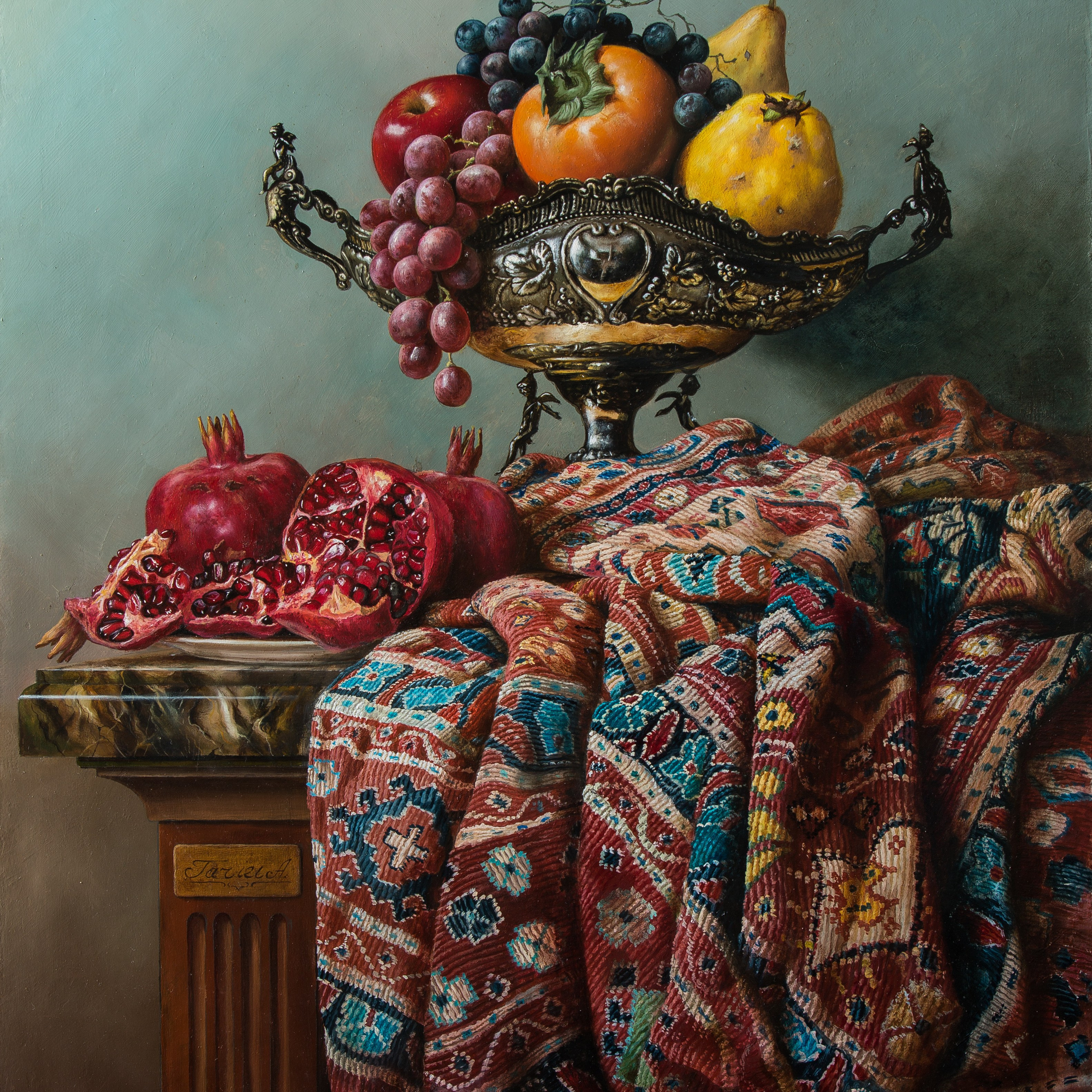
Art Reproduction Photography
A Professional Guide for Artists, Galleries, and Collectors
Why is it important and how should it be shot...
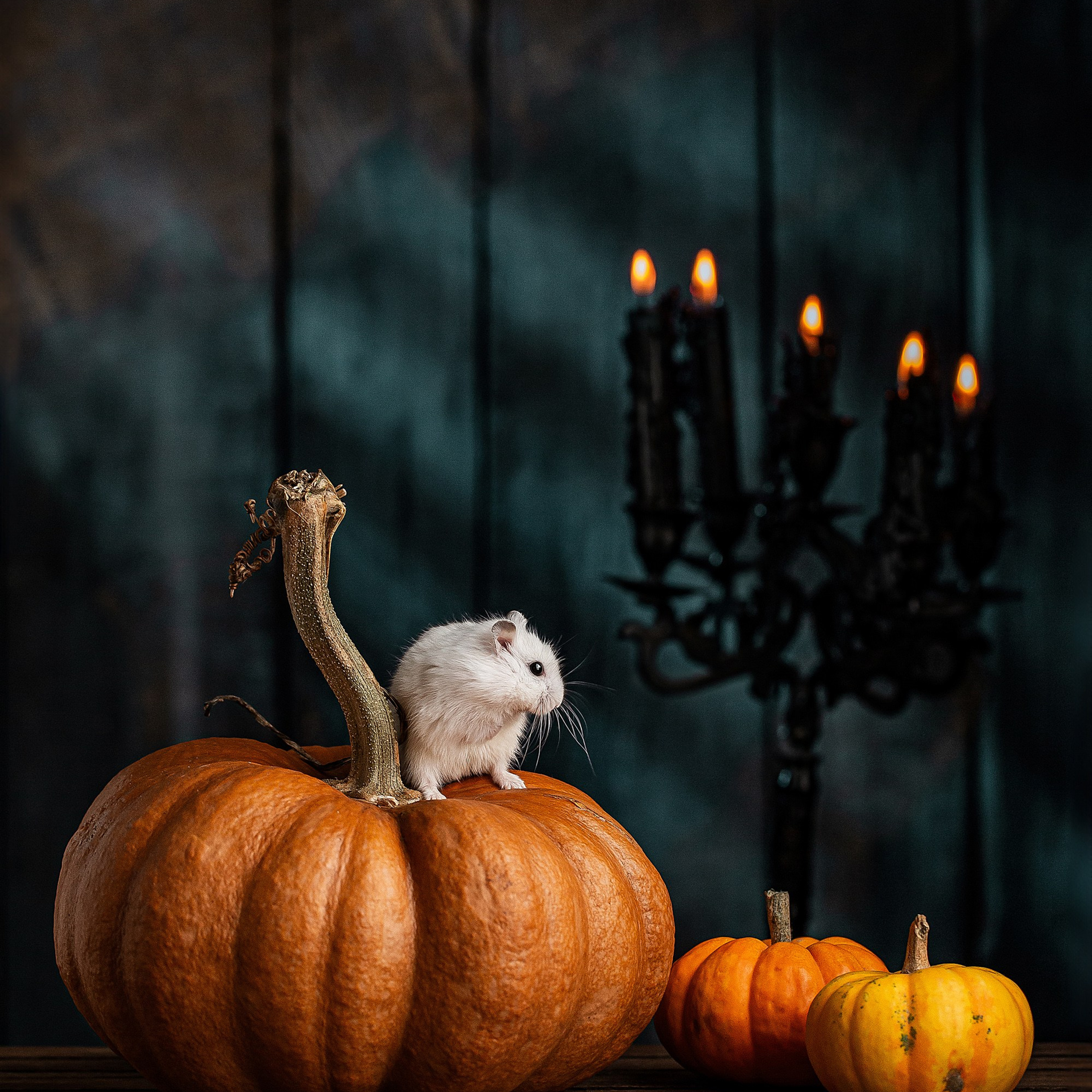
The Anatomy of the Visual — #6: Jungar Hamster and Pumpkins — A Living Still Life
A Classic Yet Living Visual in the Spirit of Halloween
This photograph was captured near the Halloween season, with...







